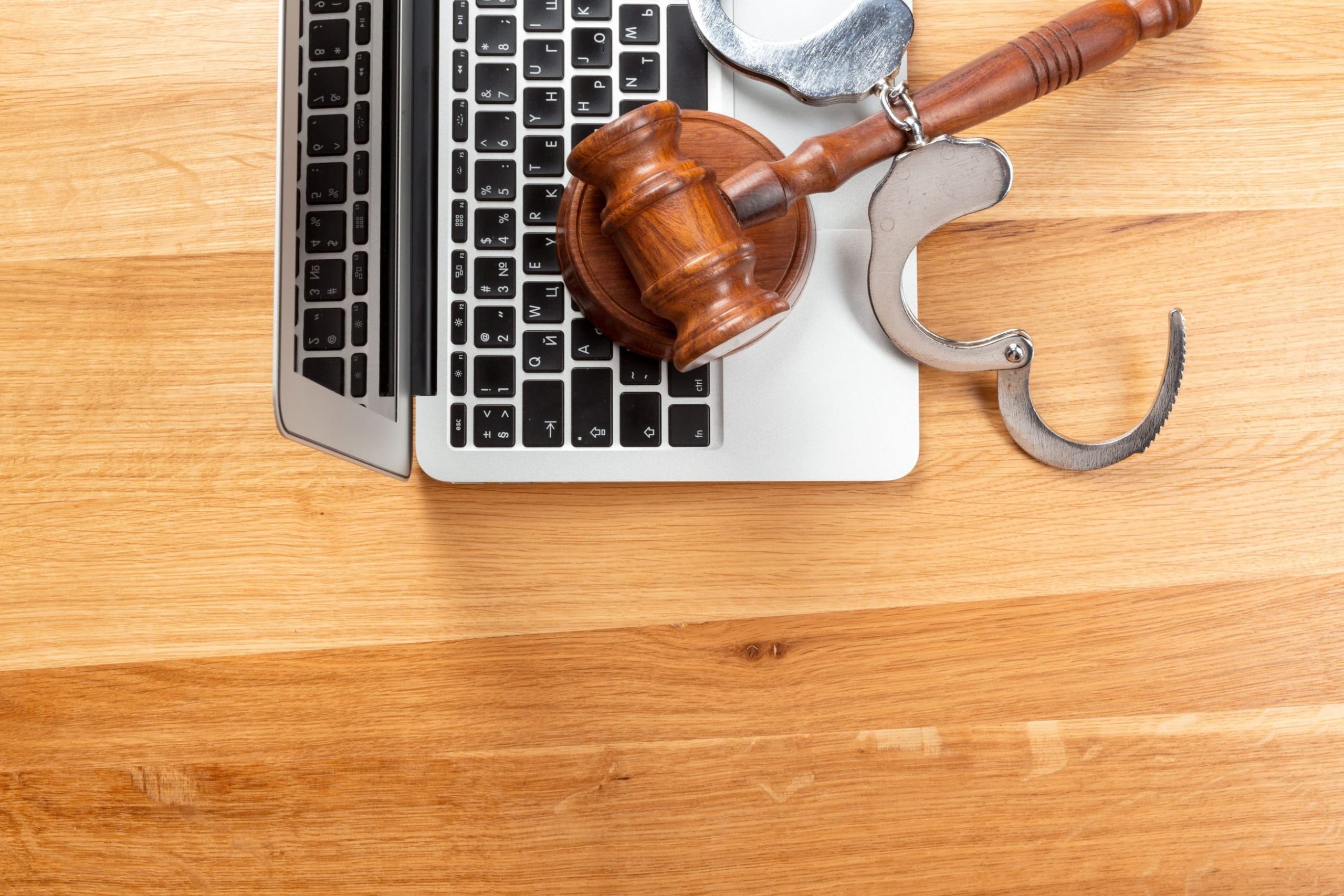- Free Consultation: (714) 547-4636 Tap Here to Call Us
Digital Privacy Rights and Criminal Defense in the 21st Century


During the investigation and subsequent trials of the January 6th Capitol riots, prosecutors heavily relied on social media posts made by the rioters themselves. The content shared on platforms such as Facebook, Tik Tok, Twitter, and Instagram provided crucial evidence of individuals’ involvement in the rioting and their intentions. Roughly 700 people were convicted of various crimes for that riot. How did the FBI identify so many of these people? Largely from their candid, self-incriminating social media posts. These digital footprints played a significant role in securing convictions and highlighting the importance of digital evidence within the criminal justice system.
In today’s digital age, we have the right to privacy and the protection of our personal information. However, when it comes to criminal investigations, law enforcement agencies can pursue our digital footprints in order to uncover evidence and build their cases. This raises an important question: how can we protect our digital privacy rights while also ensuring a fair and just criminal defense system? These are all questions for an Orange County criminal defense lawyer like the Law Office of William Bruzzo!
What Are Digital Privacy Rights?
Digital privacy rights refer to the legal protections afforded to people regarding their personal information and activities in the digital realm. These rights encompass the ability to control the collection, use, and dissemination of personal data, as well as ensuring protection from unwarranted government surveillance and intrusion. In an era where almost every aspect of our lives has a digital footprint, safeguarding our digital privacy is of paramount importance.
Role of the Fourth Amendment in Digital Privacy
The Fourth Amendment of the United States Constitution protects people from unreasonable searches and seizures. It establishes the requirement for law enforcement agencies to obtain a warrant before searching or seizing someone’s property or information. In the context of digital privacy, the Fourth Amendment plays a vital role in defining the boundaries of permissible government action. It ensures that law enforcement must demonstrate probable cause and obtain a warrant before accessing your digital data.
Is There an Expectation of Privacy?
As technology advances, the concept of privacy becomes increasingly complex. Courts have grappled with determining whether people have a reasonable expectation of privacy concerning their digital activities. In recent years, the Supreme Court has expanded the scope of privacy protections in cases involving digital communications and mobile devices. However, the expectation or presumption of privacy may vary depending on the specific circumstances and the nature of the information or communication involved. Again, an experienced, intelligent Orange County criminal defense attorney can help you understand the true extent of your digital privacy rights for your specific situation.
What Is Metadata?
Metadata refers to the information attached to a digital file that provides details about its creation, modification, and other relevant attributes. This can include the date and time the file was created, the location where it was created, and even the device used to create it. While metadata may not contain the actual content of a communication or file, it can reveal critical details about a person’s actions or associations. Concerns regarding metadata revolve around the potential for this information to be accessed and used by law enforcement without your knowledge or consent. Understanding the implications of metadata and its significance in criminal investigations is an important factor in protecting your digital privacy rights.
What Constitutes Digital Evidence?
Digital evidence encompasses any information stored or transmitted electronically that can be used as evidence in a court of law. This can include emails, text messages, social media posts, internet browsing history, GPS data, and more. DNA and fingerprints were once the gold standard for forensic evidence, but in the modern age, digital evidence plays an increasingly significant role in criminal investigations.
The collection of digital evidence involves forensic experts extracting data from devices such as smartphones, computers, and servers. This process requires specialized tools and techniques to preserve the integrity of the data while ensuring it is admissible in court. Once collected, the digital evidence is analyzed to establish its relevance and authenticity in the context of a criminal case.
How Digital Evidence Gets People Locked Up
Digital evidence can be a powerful tool for law enforcement in building a case. Messages, photos, or online activities can provide crucial insights into someone’s intent, knowledge, or association with a crime. These digital footprints, as they are called, when properly collected, analyzed, and presented, can form a persuasive narrative in court. In some cases, the weight of digital evidence alone can lead to arrests and convictions. However, it is important to note that the reliability and admissibility of digital evidence require a rigorous examination by a skilled, steadfast Orange County criminal defense lawyer.
What Digital Evidence Is Admissible in Court?
The admissibility of digital evidence hinges on several factors, including its relevance, authenticity, and the manner in which it was collected and preserved. To be admissible, the evidence must be relevant to the case at hand and not exceed the boundaries of privacy protections. Additionally, prosecutors must establish a chain of custody to prove that the evidence has not been tampered with or altered.
Courts consider various criteria to determine the authenticity of digital evidence, such as the source of the evidence, the integrity of the data, and the method of collection. The testimony of expert witnesses who can explain the technical processes involved in obtaining and analyzing the evidence often strengthens its admissibility. Again, a knowledgeable Orange County criminal defense attorney can challenge the authenticity and reliability of digital evidence to ensure your rights.
Orange County Criminal Defense Attorney: Protecting Your Digital Privacy Rights
In Orange County, California, the Law Office of William Bruzzo has established itself as a leader in empowering clients with top-notch criminal defenses. Our legal team understands the intricate interplay between digital privacy and criminal defense, enabling us to advocate for our clients effectively. To speak to an Orange County criminal defense lawyer now, contact our office and schedule a no-pressure, free legal consultation and get started defending and understanding your rights.










